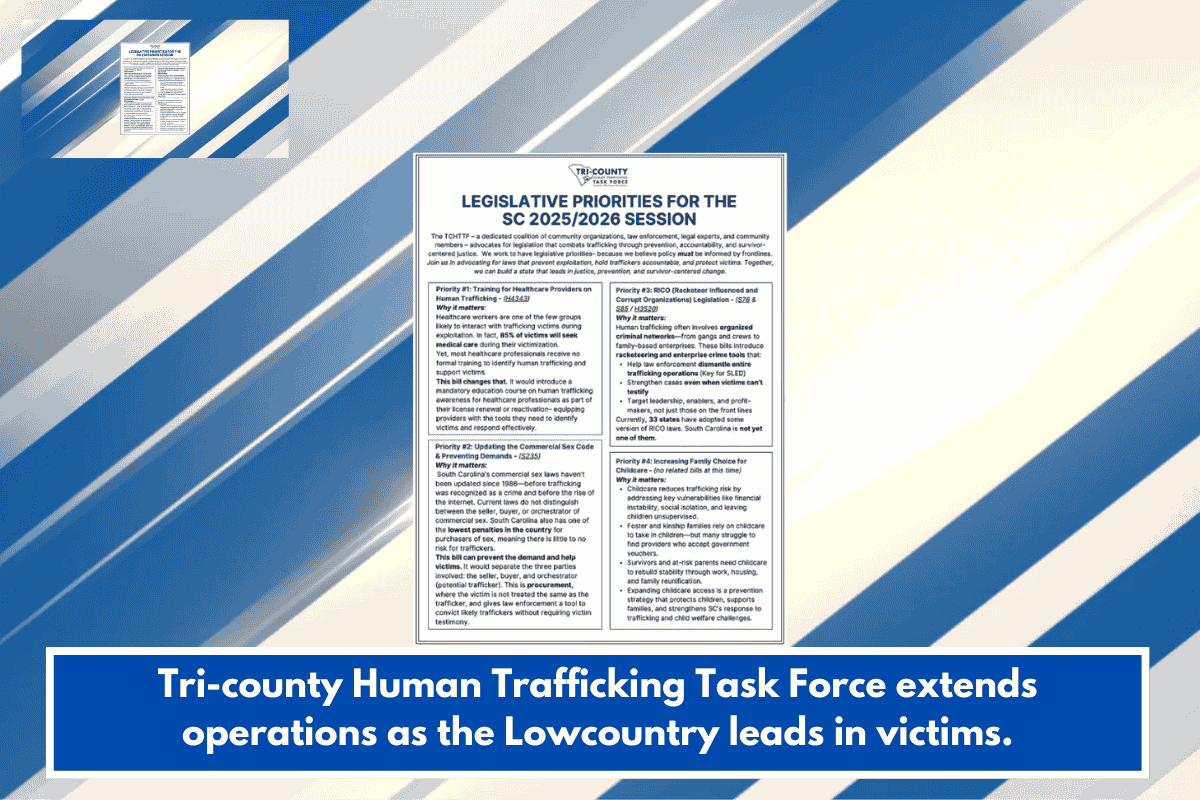Kentucky’s Stand Your Ground law allows individuals to use force-including deadly force-without a duty to retreat if they are in a place where they have a legal right to be. This means that if you are lawfully present in your home, business, vehicle, or any other location, you are not required to attempt escape before defending yourself.
When Can Force Be Used?
- Use of Force:
You may use force to defend yourself or others against unlawful physical force. - Use of Deadly Force:
Deadly force is only justified if you reasonably believe it is necessary to prevent:- Death or serious physical injury to yourself or anotherKidnappingRape or sexual assault by threat or forceHome invasionAny felony involving force
Legal Presumptions and Protections
- Presumption of Reasonableness:
If someone forcibly enters your home or occupied vehicle, the law presumes you had a reasonable fear of imminent danger, making it easier to justify the use of force. - Burden of Proof:
The burden is on prosecutors to prove that your use of force was not justified, rather than on you to prove self-defense. - Castle Doctrine:
Kentucky’s law extends the “castle doctrine,” which covers your home and vehicle, presuming any forceful entry is a threat to your safety.
Key Exceptions
- Not Justified If:
- You are resisting a lawful arrest.
- You are the initial aggressor (unless you withdraw and communicate intent to stop, but the other party continues aggression).
- Your belief in danger is unreasonable.
- The person you use force against is lawfully present (e.g., a resident, owner, or law enforcement acting within their duties).
Recent Legislative Developments
- In 2025, Kentucky considered expanding Stand Your Ground protections further, particularly in the context of property owners using force against individuals engaged in “unlawful camping” or trespassing, including the unhoused. This has raised significant controversy and debate about the scope and implications of the law.
Summary Table: Kentucky Stand Your Ground Law
| Situation | Duty to Retreat? | Use of Deadly Force Justified? |
|---|---|---|
| Lawfully present, facing deadly threat | No | Yes, if reasonable fear exists |
| Protecting property only | No | No |
| Forcible entry into home/vehicle | No | Presumed justified |
| Resisting lawful arrest | N/A | Not justified |
| Against law enforcement in official duties | N/A | Not justified |
Bottom Line:
Kentucky’s Stand Your Ground law gives individuals broad rights to defend themselves without retreating, provided they are lawfully present and reasonably believe force is necessary to prevent serious harm or certain felonies. The law presumes justification in cases of home or vehicle invasion, but does not extend to all situations-especially those involving property alone or lawful actors. Recent legislative changes may further expand these protections, particularly regarding property and trespassing.














